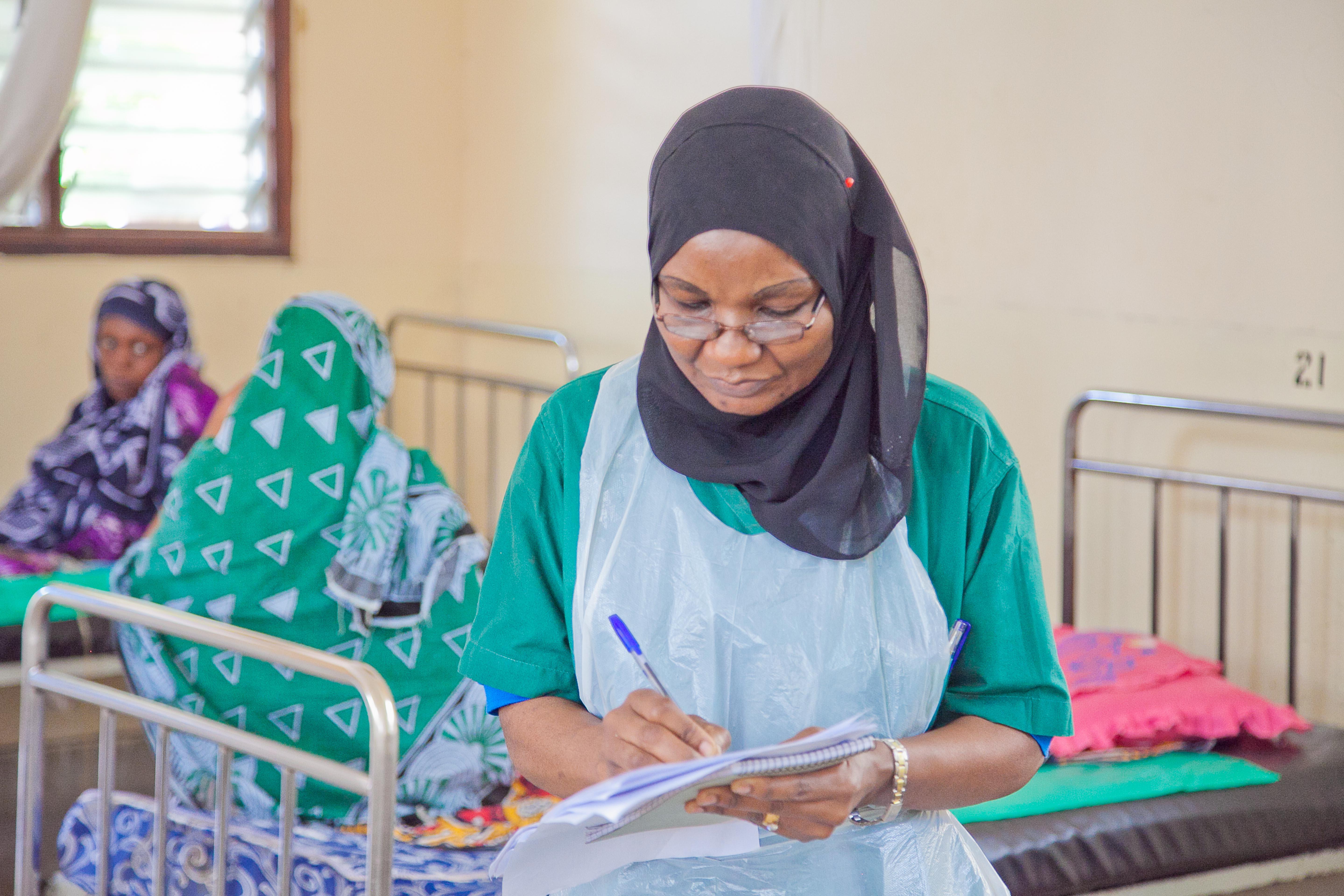WASH on World Health Day: Getting the basic right

Credit: WaterAid Tanzania
7 April marks World Health Day. This year’s theme is ‘Universal Health Coverage: Everyone, Everywhere’. Sophie Durrans, Research Uptake Officer, reflects on some of SHARE’s contributions to achieving UHC through WASH in healthcare facilities in sub-Saharan Africa and southeast Asia.
This World Health Day, we focus our attention on Universal Health Coverage (UHC). This won’t be a surprise for some - the (relatively) new Director General of the WHO, Dr Tedros Adhanom Ghebreyesus, has made UHC a top priority.
UHC has a crucial role to play in realising the right to health for all. A recent report by WHO and the World Bank found that at least half of the world lacks access to essential health services. Even for the more fortunate half, access alone isn’t enough. It could even be detrimental to health if these services aren’t up to scratch. We know that for any healthcare facility to be fully functional, it needs an adequate supply of good quality drinking water, safely managed sanitation and the adoption of hygienic practices including hand hygiene and a clean environment. WHO and UNICEF (2015) reported that from a survey of healthcare facilities, 35% didn’t contain materials needed for handwashing, and 8% lacked access to a basic water source. Encouraging women to give birth in health facilities has been high on the agenda for maternal and newborn health for quite some time, but without good WASH facilities and practices within these clinics, women and newborns may be exposed to risky, unsafe environments. Unless key WASH components are embedded within facilities, the goal of UHC won’t be achieved.
WASH and maternal and newborn health
Over the years, SHARE has supported a body of work exploring the role of WASH in healthcare settings through the lens of maternal and newborn health (MNH). The association between WASH and MNH isn’t new – the connection between childbirth-related infections (puerperal fever) and cleanliness was recognised by a Scottish physician as early as 1795. Fast forward a few centuries – through the development of vaccines and discovery of antibiotics – to 2010. Our knowledge and understanding of WASH coverage in healthcare facilities in LMICs, and how this could affect MNH, has remained surprisingly low.
Within this context, SHARE made the decision to invest in the links between WASH and MNH, starting off with the first systematic review on the association between water, sanitation and maternal mortality. The review, led by Dr Lenka Benova at LSHTM, found evidence of substantial magnitude between both water and maternal mortality, and between sanitation and maternal mortality. While encouraging, this was just the start to unpacking this complex and important body of work. The review concluded with four key words that many academics will be familiar with: future research is needed!
Getting government buy-in
After setting the groundwork, SHARE funded a number of important studies on this topic, from developing a conceptual framework to exploring WASH in Tanzanian birth settings. One key project, known as WASH & CLEAN, focused on WASH in labour wards in India and Bangladesh. Our collaborators (Indian Institute of Public Health - Gujarat, BRAC in Bangladesh, Immpact, University of Aberdeen, and the Soapbox Collaborative) developed a suite of tools to measure the levels of cleanliness on labour wards, as well as the determinants, processes and outcomes of cleaning. These tools were first piloted in Gujarat, India and then rolled out in Dhaka, Bangladesh. The tools enabled better understanding of WASH coverage, status and use than was possible to obtain in previous research.
A key success of this project emerged when the Government of Gujurat requested a modification of this tool for use in outpatients departments. This represented a significant moment for SHARE and our partners. Government recognition of the importance of WASH in healthcare facilities, especially beyond the labour ward, marked a step in the right direction for integrating WASH and towards achieving UHC.
Collaborations are key
To deliver UHC successfully, collaborations and cross-sector working is key. One of SHARE’s contributions towards this has been to develop the evidence base on WASH and MNH, as well as bringing together academics and technical experts from different disciplines for debate, discussion and providing recommendations. This World Health Day, we highlight the role that WASH plays in delivering health for all.
